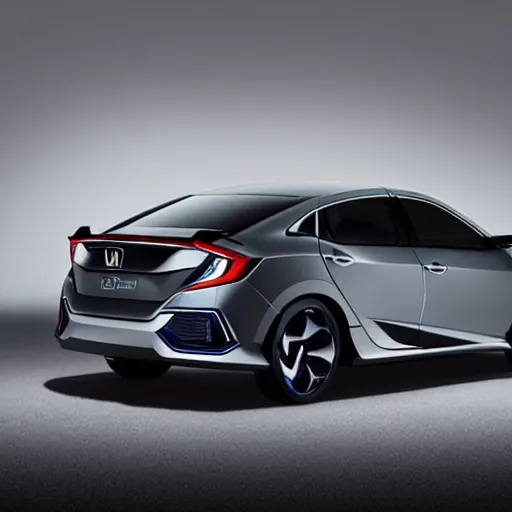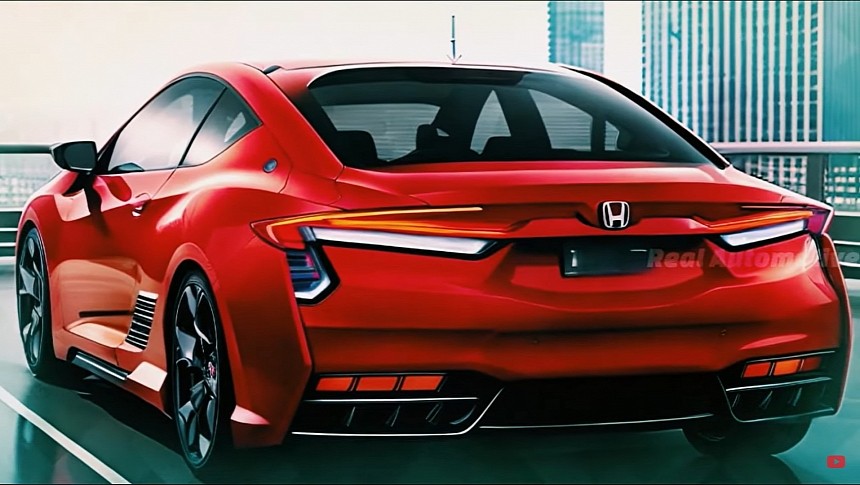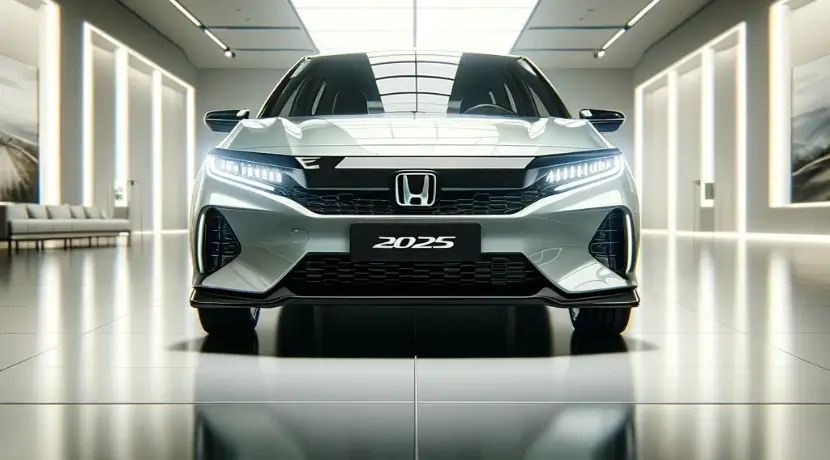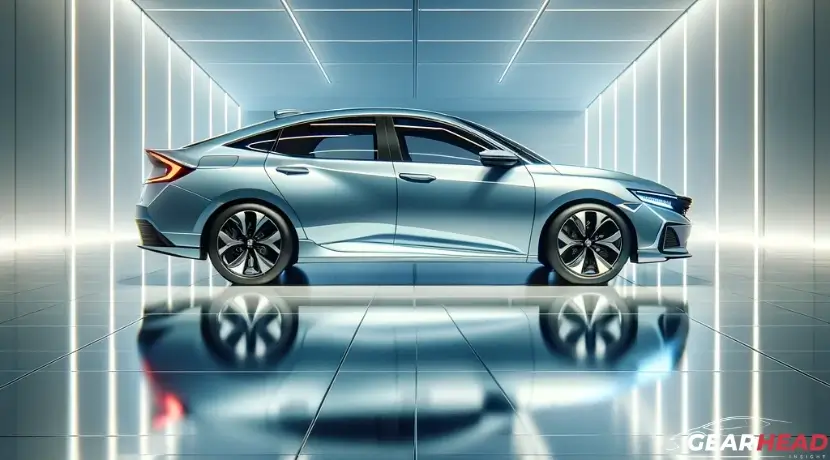The 2025 Honda Civic: A Fuel-Efficient Future?
By admin / May 21, 2024 / No Comments / 2025
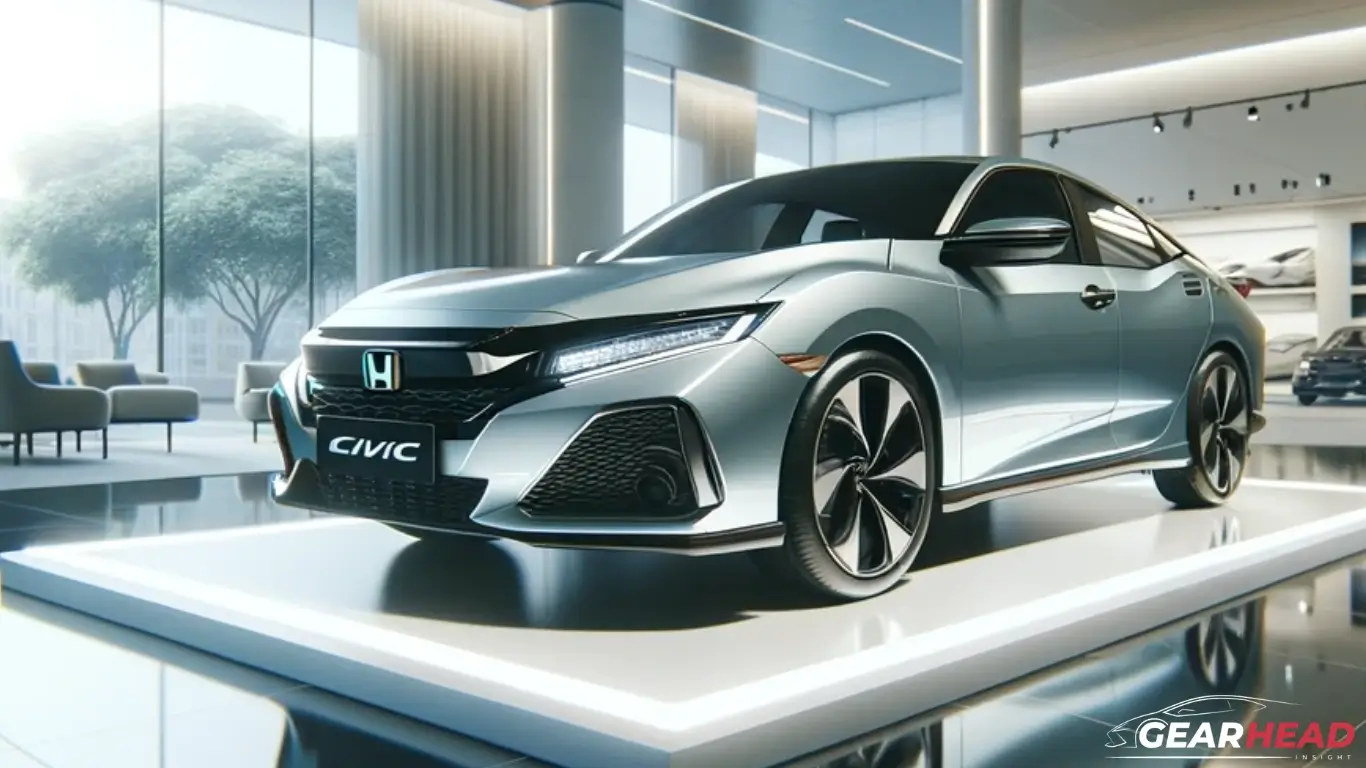
The 2025 Honda Civic: A Fuel-Efficient Future?
The Honda Civic has long been a favorite among car buyers seeking a balance of affordability, reliability, and fuel efficiency. As we approach 2025, the automotive landscape is rapidly evolving, with a growing emphasis on sustainability and electric vehicles. But what does the future hold for the iconic Civic, and how will its fuel economy stack up in a world increasingly focused on reducing our carbon footprint?
A Legacy of Fuel Efficiency:
The Honda Civic has consistently been praised for its impressive fuel efficiency throughout its history. From the early days of the first-generation model in 1972, the Civic has been known for its lightweight design and fuel-saving technology. This commitment to efficiency has been a hallmark of the Civic, making it a popular choice for drivers seeking to minimize their fuel costs and environmental impact.
The 2025 Outlook:
While specifics about the 2025 Honda Civic’s fuel economy are yet to be officially released, we can analyze the current trends and technological advancements to predict what we might expect.
1. Hybrid Powertrain:
The 2025 Civic is likely to feature a robust hybrid powertrain option, building upon the success of the current Civic Hybrid. This system combines a gasoline engine with an electric motor, allowing for increased fuel efficiency and reduced emissions. The hybrid powertrain is expected to offer a significant improvement in fuel economy compared to the standard gasoline engine, potentially achieving over 50 mpg in combined driving.
2. Advanced Gasoline Engines:
Even without a hybrid powertrain, the 2025 Civic is expected to benefit from advancements in gasoline engine technology. Honda has been a leader in developing efficient and powerful gasoline engines, and the 2025 model is likely to feature a more efficient engine with improved fuel economy. This could include features like direct injection, variable valve timing, and cylinder deactivation, all aimed at optimizing fuel consumption.
3. Lightweight Design:
Honda has always been known for its lightweight vehicles, and the 2025 Civic is expected to continue this trend. Utilizing advanced materials like high-strength steel and aluminum will contribute to a lighter overall weight, reducing the amount of energy required to move the vehicle, thus improving fuel efficiency.
4. Aerodynamic Improvements:
Aerodynamics play a crucial role in fuel economy, and the 2025 Civic is likely to feature subtle aerodynamic improvements. These could include revised bodywork, underbody panels, and active grille shutters, all aimed at reducing drag and improving fuel efficiency.
5. Advanced Transmission:
The 2025 Civic is expected to be equipped with a highly efficient transmission, possibly a continuously variable transmission (CVT) or a dual-clutch transmission. These transmissions are designed to optimize gear ratios for maximum fuel efficiency, ensuring the engine operates at its most efficient range.
6. Advanced Driver-Assistance Systems (ADAS):
While not directly related to fuel economy, advanced driver-assistance systems (ADAS) like adaptive cruise control and lane keeping assist can indirectly contribute to better fuel efficiency by promoting smoother driving and reducing unnecessary braking and acceleration.
7. Connected Car Technology:
The 2025 Civic is likely to feature advanced connected car technology, allowing for real-time traffic updates and navigation. This can help drivers avoid congested areas and optimize their routes for better fuel economy.
Factors Influencing Fuel Economy:
Several factors can influence the actual fuel economy achieved by the 2025 Honda Civic:
- Driving Habits: Aggressive acceleration, frequent braking, and excessive speed can significantly impact fuel economy.
- Traffic Conditions: Stop-and-go traffic and congested roads can negatively impact fuel efficiency.
- Environmental Factors: Temperature, altitude, and wind conditions can all affect fuel consumption.
- Vehicle Maintenance: Properly maintained tires, engine oil, and air filters can contribute to better fuel efficiency.
The Future of Fuel Efficiency:
As technology continues to advance, we can expect even greater strides in fuel efficiency for the Honda Civic and other vehicles. Here are some potential future developments:
- Plug-in Hybrids: The 2025 Civic might offer a plug-in hybrid option, allowing drivers to recharge the battery using an external power source for extended electric-only driving. This could significantly reduce fuel consumption and emissions.
- Electric Powertrains: While not expected in the 2025 Civic, the future might see Honda introduce a fully electric Civic model, offering zero-emission driving.
- Hydrogen Fuel Cells: Hydrogen fuel cell technology is still in its early stages, but it holds the potential for a clean and efficient alternative to gasoline and electric vehicles.
Conclusion:
The 2025 Honda Civic is poised to continue the legacy of fuel efficiency that has defined the model for decades. With advanced hybrid powertrains, efficient gasoline engines, lightweight design, and innovative technology, the 2025 Civic is expected to offer impressive fuel economy, making it a compelling choice for drivers seeking both performance and sustainability. While the specific fuel economy figures are yet to be revealed, we can anticipate significant improvements over previous generations. As the automotive industry continues to evolve, the Honda Civic will likely remain a leader in fuel efficiency, adapting to the changing demands of the market and contributing to a more sustainable future.


